Greasy Spoons & Cabbie Stands: 5 Of London’s Surviving Traditional Eating Experiences
By Something CuratedOperating somewhat like time capsules, London is home to a number of beautifully preserved eateries, characteristic of bygone eras. Though relics of previous decades, these greasy spoons and speciality shops continue to appeal to a modern market, in no small part due to their unique food offering, generous portions and honest pricing, but also, their transportive ambiance, which is perhaps why they are a popular choice for film sets and photoshoots. Something Curated takes a closer look at some of the most interesting examples of these businesses still functioning in the city.
F Cooke || Bob Cooke
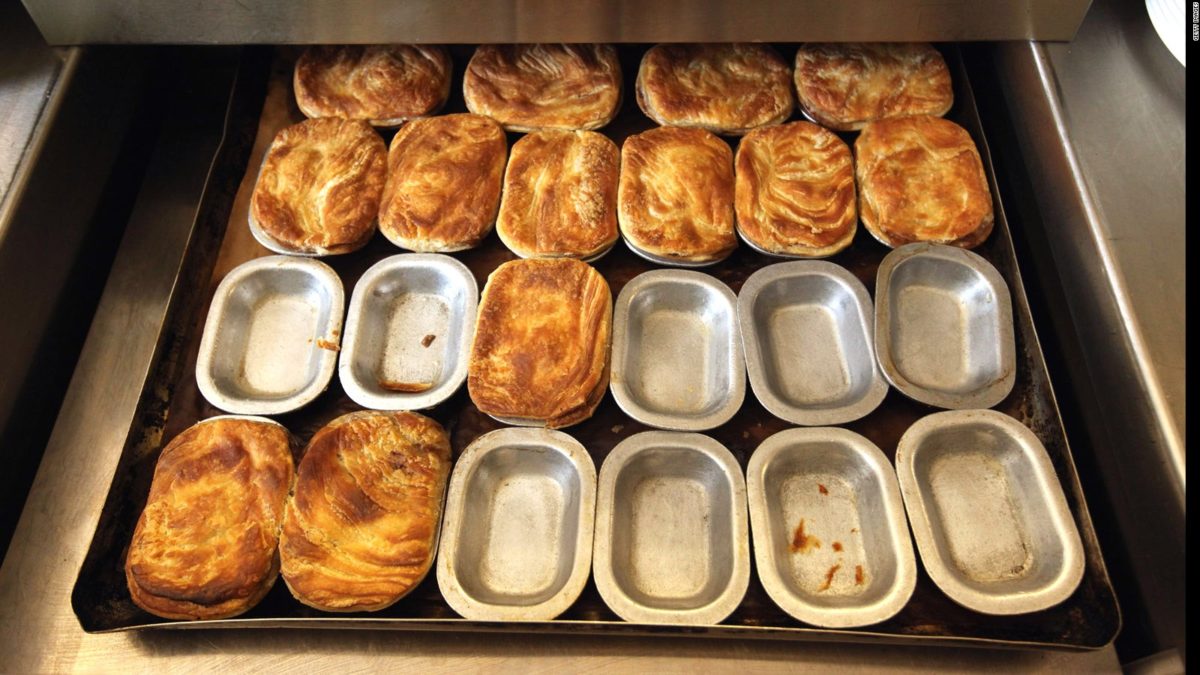
F Cooke, today owned by Bob Cooke, serve up the same food they’ve always done to a clientele of “real East Enders”: pies and mash drenched in parsley liquor, stewed eels, jellied eels, and fruit pies with custard for desert. The menu and the charming shop itself, decorated in the 1930s with tiles, a bright stained glass window and a marble counter and tables, are now a novelty in the city. But at the end of World War Two there were over a hundred eel, pie and mash houses in London providing inexpensive cuisine to hungry customers. The business, with its sawdust-strewn floor and bantering welcome, remains largely unchanged from its early days.
Green Cabbie Stand, Knightsbridge
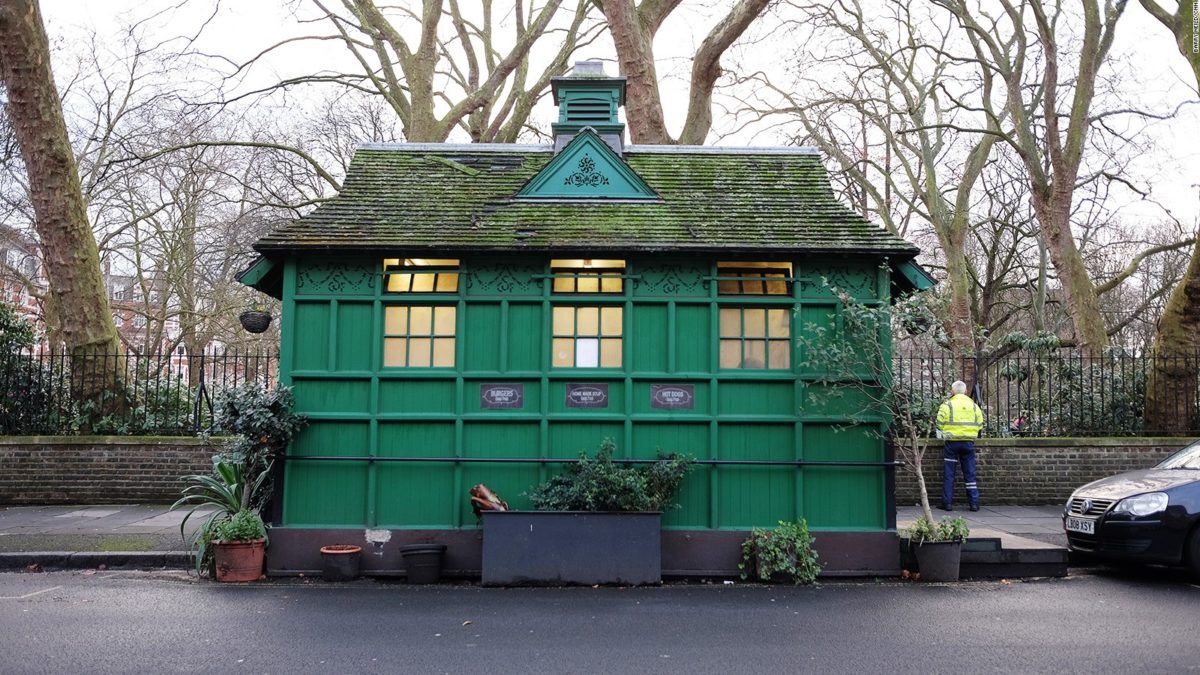
Often overlooked, Green Cabbie huts are a quaint anachronism from the Victorian times. These small shelters providing refreshments are dotted around London’s streets, with many now open to the public for takeaway sales. These humble set-ups were the result of a thoughtful gesture of philanthropy. In the early 1870s, London cabmen were legally obliged not to leave their horse and carriage. This meant either paying someone to keep an eye on the vehicle, or going hungry whenever they reached a pit stop. In 1875, the Earl of Shaftesbury had a solution: to build shelters across London that would cater for the cabbies and give them somewhere secure to tie up their carriages. By 1914, more than 60 had been built, of which today there are 13 surviving, all Grade II-listed, including the wonderfully preserved example on Pont Street.
Regency Café || Marco Schiavetta & Claudia Perotti
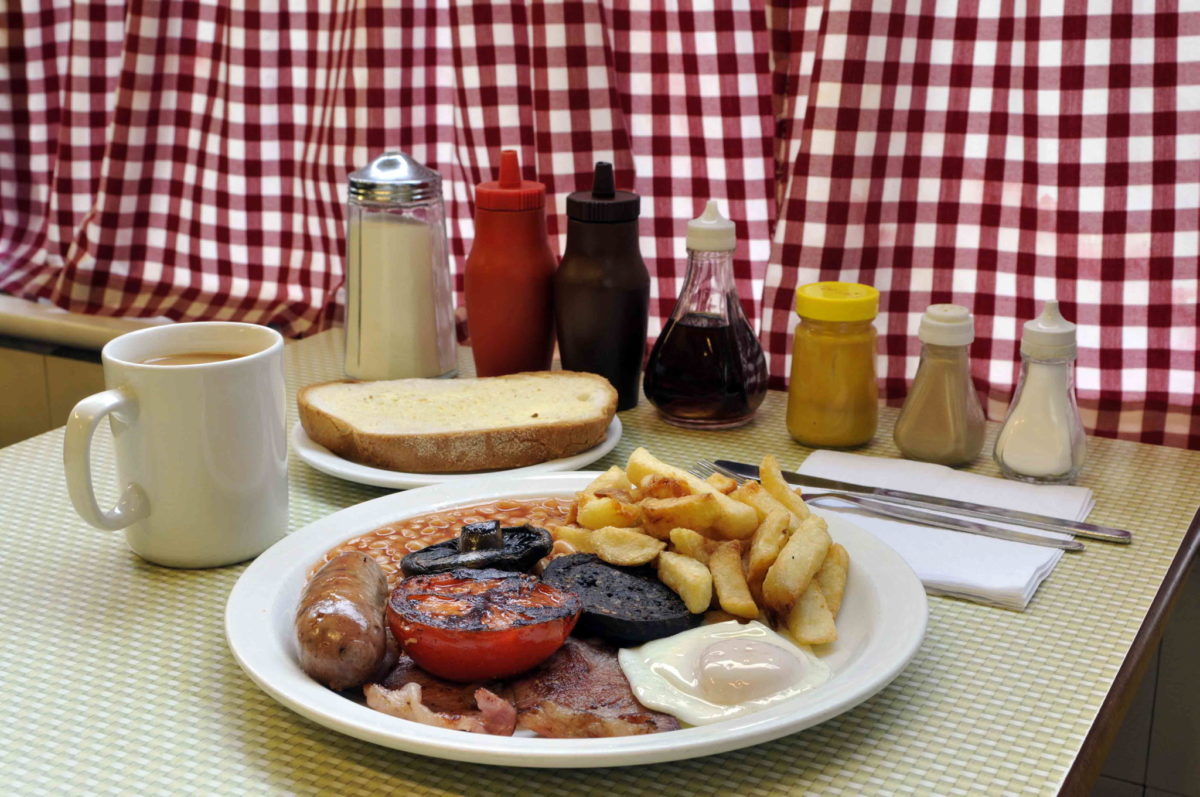
Behind its black-tiled art deco façade, this charming café has operated on the quiet Westminster/Pimlico borders since 1946, and is today run by proprietors Marco Schiavetta and Claudia Perotti. Customers sit on brown plastic chairs at Formica-topped tables, watched over by burly boxers and Spurs stars of days gone by, whose photos hang on the tiled walls. Lasagne, omelettes, salads, baked potatoes, and every conceivable cooked breakfast, are served daily to diners, along with Regency speciality, a homemade steak pie served with thick-cut chips, gravy and peas.
Beigel Bake || Nathan, Asher & Sammy Cohen
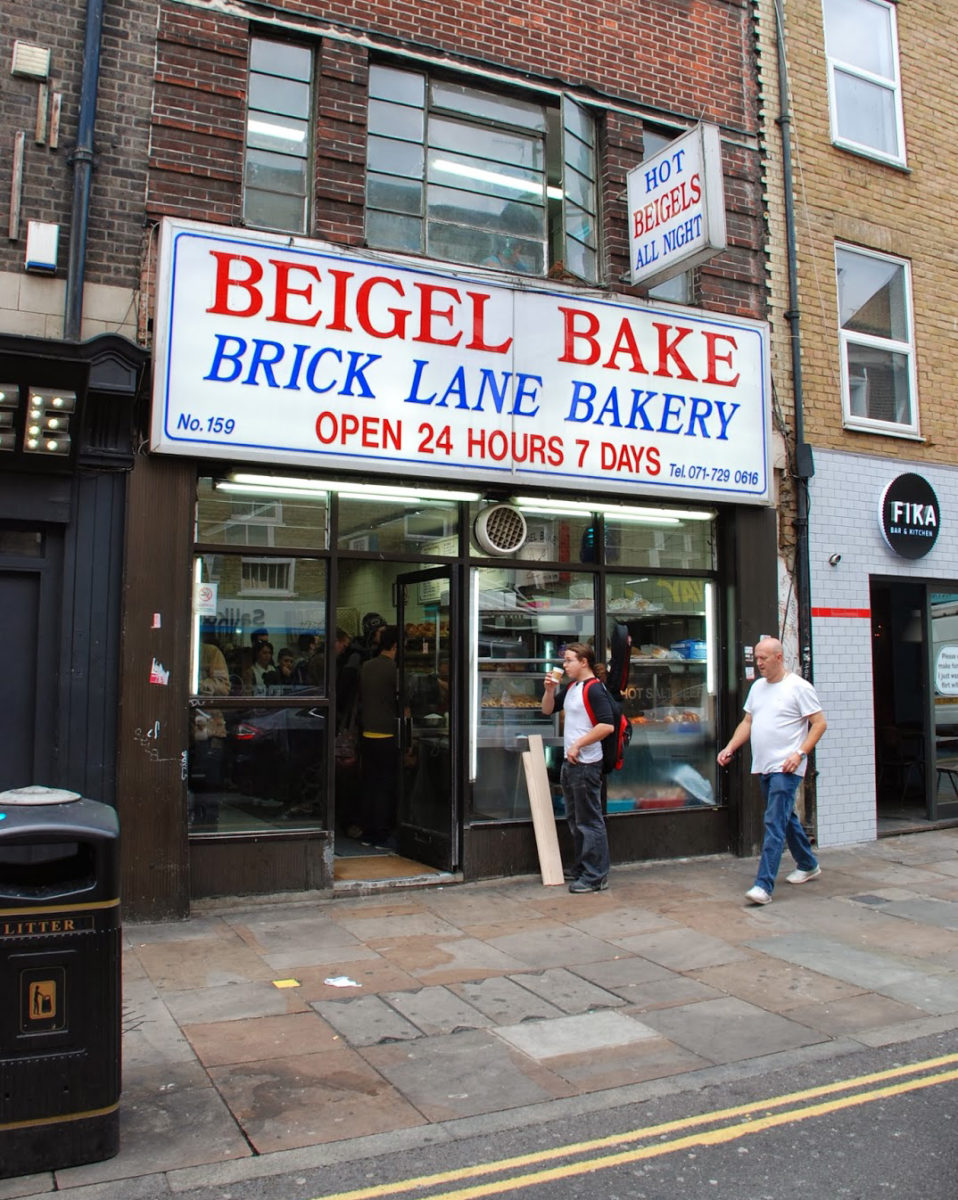
Before coffee shops, vintage stores and Indian restaurants populated Brick Lane, the neighbourhood was home to a large Jewish community who arrived in Spitalfields in the late 19th century. Gradually, the community dispersed to north London but the beigel shops remain. Beigel Bake and the Beigel Shop are two of the last reminders of a time when the street signs were written in Yiddish, the mosque was a Synagogue and kosher butchers and restaurants were in abundance. Over the years these bakeries have become a popular 24-hour spot, gaining somewhat of a cult status in east London. The Cohen brothers oversee the sale and production of the 2,000-3,000 beigels baked in-house every day.
Shepherdess Café || Nick Menagatos
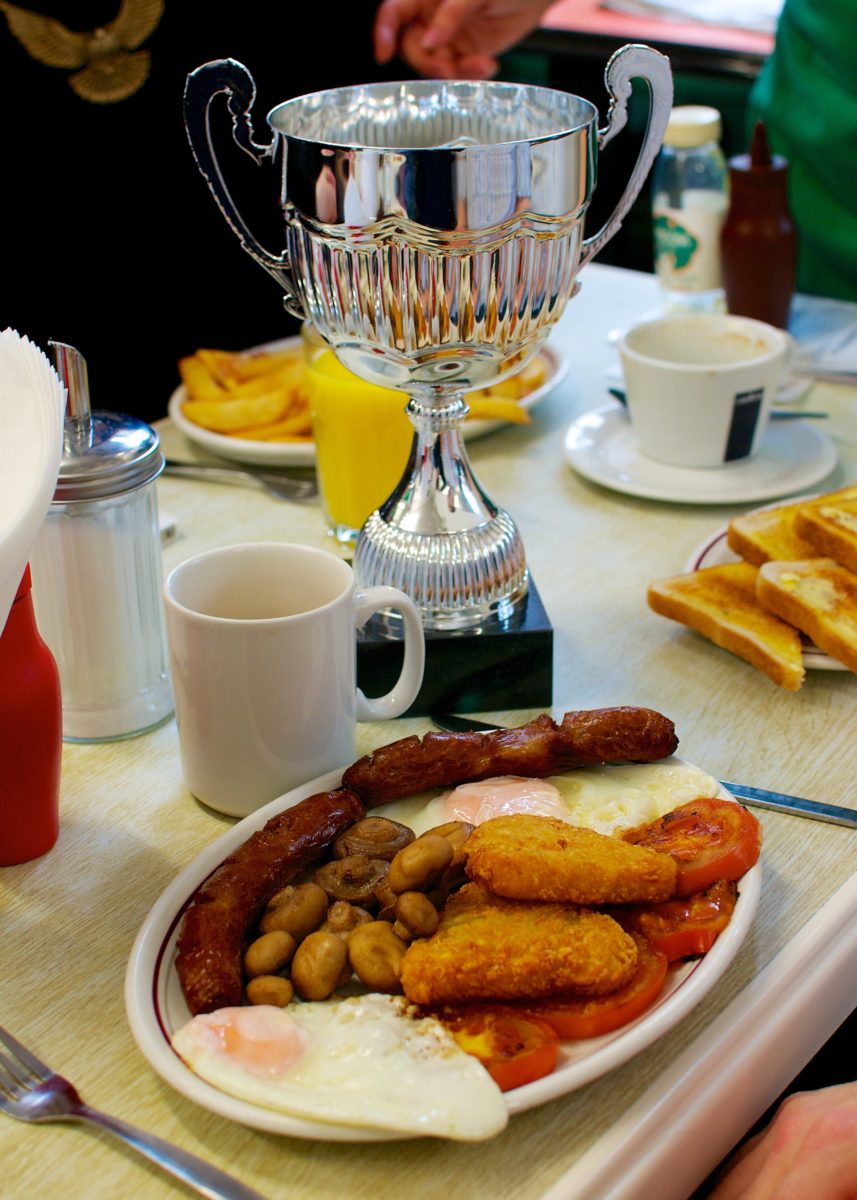
The unassuming eatery has featured in several films and attracted a number of eminent customers during its three decades of being in business. Unchanged, this greasy spoon is complete with strip lighting and old-fashioned plastic sauce bottles on each table. Classic full English breakfasts are the speciality here, with eggs, bacon, tomatoes and mushrooms, and a tea costing 80p. There’s an extensive sandwich menu, and lunch dishes such as steak and kidney pie, as well as jacket potatoes. Displayed on the luminous green wall behind the till are photographs of former famous customers, including 1990s girl band All Saints, EastEnders cast members and regular Jamie Oliver.
Feature image via Michael Shanks